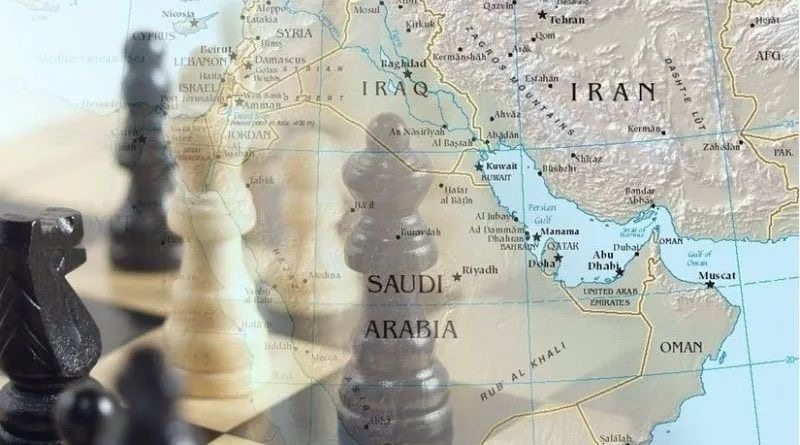Perhaps after World War II and the emergence of the new Middle East following the creation of Israel and the intense struggle between the Eastern and Western blocs, this region has never experienced such uncertainty about its future and radical geopolitical and geostrategic changes as it does now. These changes will likely have significant impacts on all state and non-state actors, including Kurds.
The image we see in the Middle East is a condensed version of a larger picture occurring at the international level. The shift from Western and American unipolarity to multipolarity has created a kind of chaos in various regions of the world. This is partly due to the continuous efforts of regional powers to expand and fill the void left by retreating global powers, and partly due to the strategic vacuum occurring during strategic transitions and the concerns of most global and regional powers about their future roles and positions.
In the past fifteen years, the Middle East, especially after America’s withdrawal from Iraq and the issues following the so-called Arab Spring, has been the main arena of Iran-Turkey rivalry. The emergence of ISIS in Iraq and Syria was indirectly part of this regional competition. In this situation, the Gulf countries, Israel, and Egypt did not play a major role in this rivalry, and the West, led by America, had somewhat reduced influence on the conflicts. Thus, the power struggle between Tehran and Ankara was the key driver behind most other regional issues.
The Israel-Hamas war radically changed the map of the Middle East. In fact, the Hamas attack on Israel might be the only conflict where both regional powers (Iran and Turkey) agree on supporting Hamas. Israel, shocked by such a large attack from a small force like Hamas, was forced to reconsider its entire military and security doctrine. To ensure domestic security, Israel imposed a devastating war on Gaza and Lebanon and significantly reduced Iran’s dominance in Syria and Lebanon.
Meanwhile, fearing negative consequences and seeking protection against Israel’s strengthening position in the Middle East, especially in Syria, the Turkish government hastily took two major steps. First, it initiated peace in Turkey and halted the Kurdish-Turkish conflict to eliminate internal threats. Second, it activated Turkey’s external role in Syria and Iraq, resulting in the overthrow of the Assad regime and the rise of close Islamist allies to power in Damascus.
Although Ankara emerged as a strong regional power with its move in Syria, this step created major challenges. All global powers except some European countries are concerned about Damascus’s current government. Turkey has lost the trust of important countries like Russia, Iran, Iraq, and Israel. Setting aside the position of some European countries—who support Damascus’s new government due to their need to return Syrians from Europe and their dependence on Turkey’s military protection—many countries worldwide have expressed varying degrees of concern about the future of Damascus’s current government. Maintaining stability in Syria, especially after events in Alawite areas, is a difficult task that Turkey cannot successfully accomplish alone.
Generally, all opinions suggesting that after Assad’s fall, more stability would come to the region have been proven wrong. This situation has intensified regional competition between the main countries in the region (Turkey, Iran, Israel, Saudi Arabia), which appears to have direct impacts on regional security.
As Kurds and the Kurdistan Region, being an essential part of the Middle East, it is important that we carefully monitor regional changes and recognize our own capabilities and those of the states and regional powers surrounding us. In Iraq, we need to resolve all our suspended issues based on the constitution and become genuine partners in governance, so that we can establish a strong, federal, and pluralistic Iraq. In this way, Iraq can become not only a source of stability and prosperity for the country but also spread its influence throughout the region, supporting diversity, the rights of all components, and confronting extremist sectarian, religious, and nationalist ideologies.



